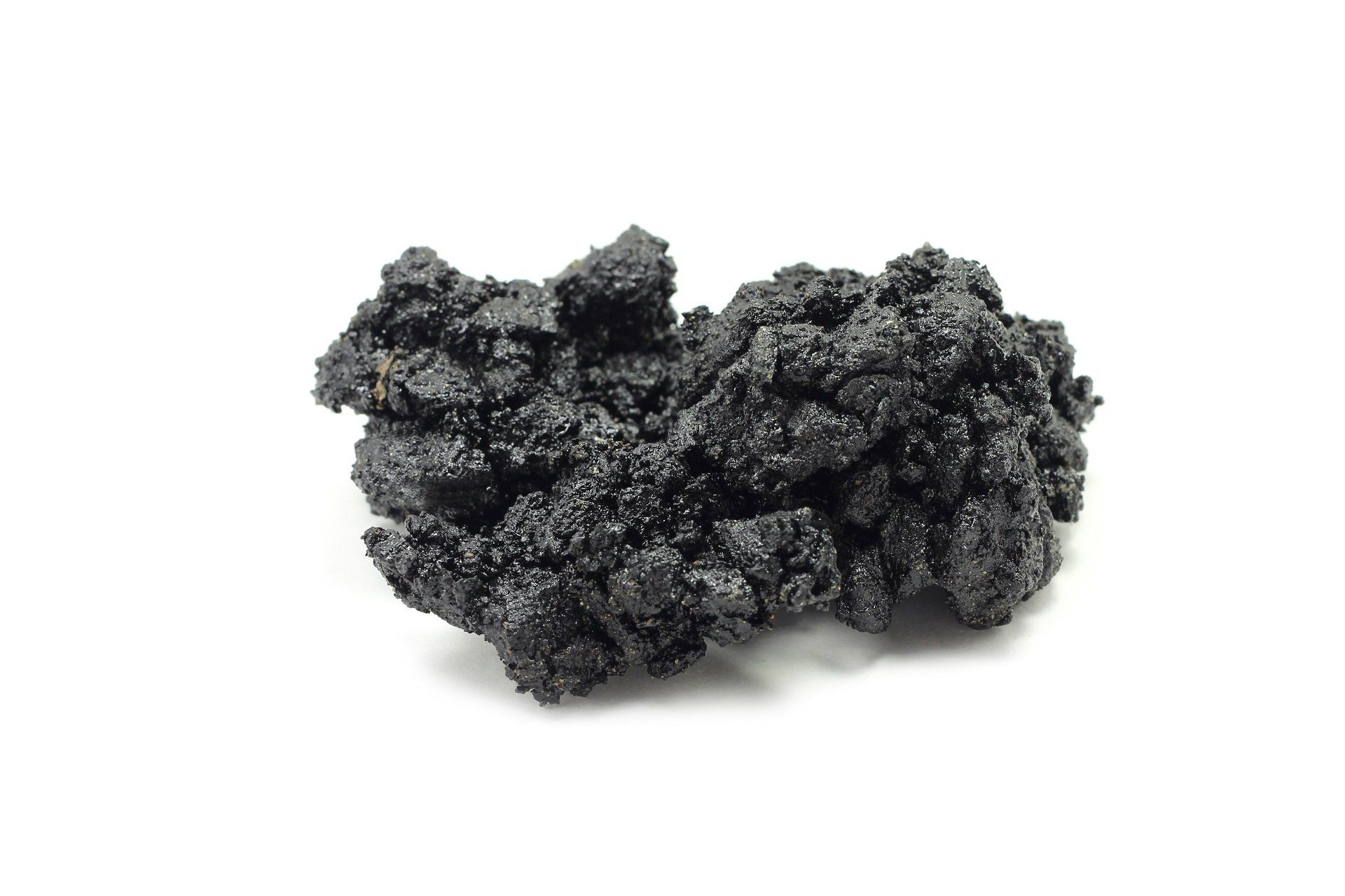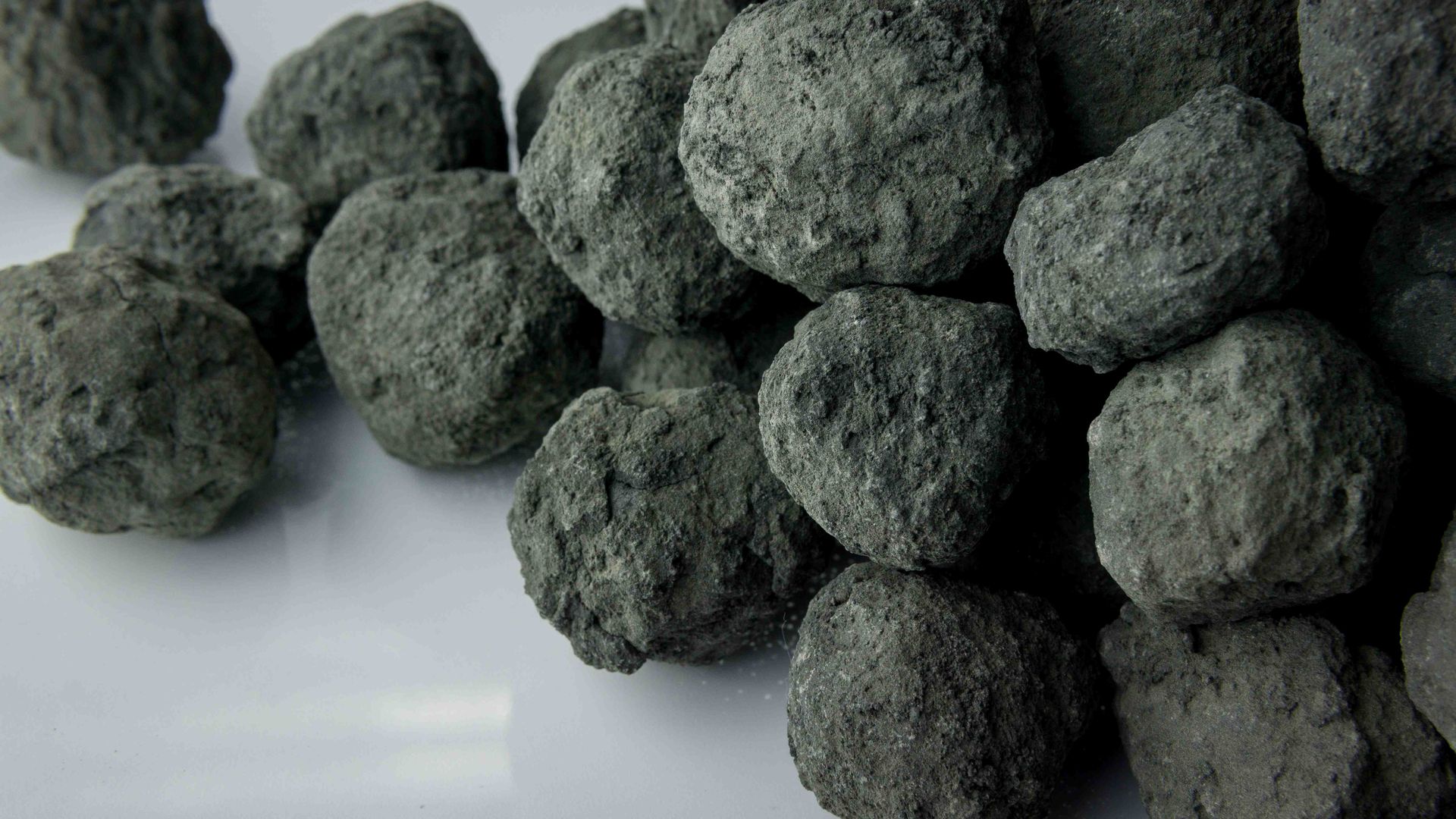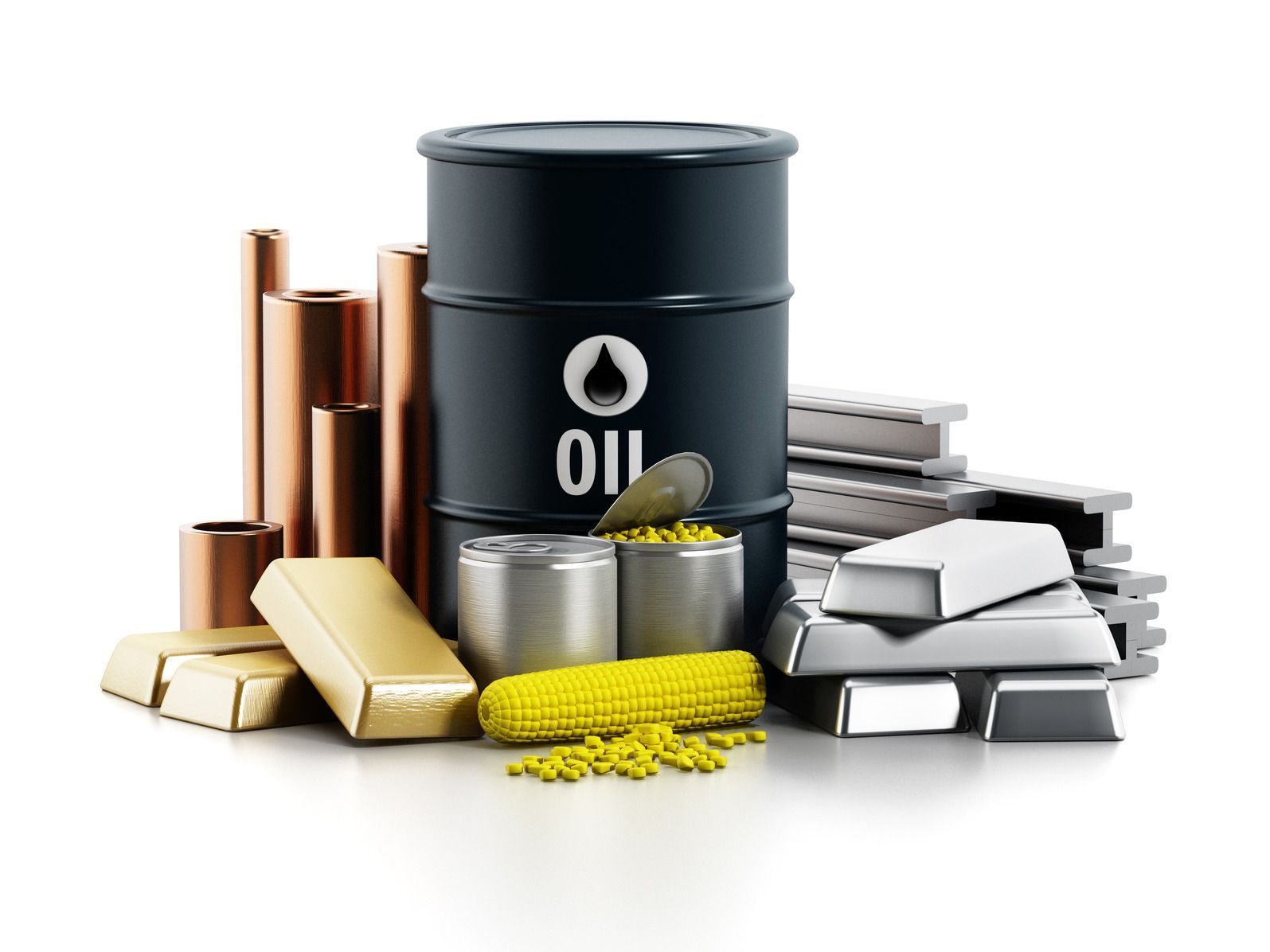PermuTrade: Your Source for Satisfactory Petroleum Coke

Petroleum coke comes from oil refining and is a byproduct of the process. As refineries around the world strive for more efficient operations while extracting more gasoline and other high-value products from each barrel of crude oil, they produce increasing amounts of petroleum coke.
In this guide, you’ll learn everything there is to know about petroleum coke, including what it’s used for, where it comes from, and how you can get your hands on some of this versatile material.
And if you’re looking for a reputable supplier of high-quality petroleum coke, contact PermuTrade.
We specialize in sourcing and delivering petroleum coke to customers around the world, and we’re always happy to help you find the right product for your needs.
What Is Petroleum Coke?
Petroleum coke is a carbonaceous solid derived from heavy crude oil that is processed in a coker unit. A coker is an oil refinery furnace in which cracking reactions occur to produce lighter hydrocarbons. The residual oil left over from these reactions is referred to as “bottoms” or “heavy ends.” This bottoms gas can be further processed in a variety of ways, one of which is the coker unit.
In a coker unit, the bottoms gas is fed into a furnace where the cracking reactions occur. These reactions produce a variety of light hydrocarbons, including methane, ethane, propane, and butane. The light hydrocarbons are then condensed and separated from the coke. Petroleum coke is the solid carbonaceous material that remains after the light hydrocarbons are condensed and separated.
Petroleum coke is used in a variety of industries, including the aluminum, steel, and cement industries. It can be used as a fuel or as a feedstock for the production of other materials such as chemicals, coal, and metals.
What Are the Different Types of Petroleum Coke?
There are two main types of petroleum coke: green coke and calcined coke. Green coke is the initial product from the cracking process. It is a relatively impure form of petroleum coke with a high sulfur content. Calcined coke is produced by further processing green coke in a kiln. This process removes impurities and lowers the sulfur content.
Green Coke
Green coke is the initial product from the cracking process. It is a relatively impure form of petroleum coke with a high sulfur content. The sulfur content of green coke is typically around 5%.
Calcined Coke
Calcined coke is produced by further processing green coke in a kiln. This process removes impurities and lowers the sulfur content. The sulfur content of calcined coke is typically around 0.5%.
How Is Satisfactory Petroleum Coke Made?
We take great pride in the quality of our petroleum coke, and this is evident in the manufacturing process. Our coke is made from high-quality crude oil that is processed in state-of-the-art refineries. The end product is a clean burning fuel that is highly efficient and produces little emissions.
There is great demand for satisfactory petroleum coke around the world, and we are able to meet this demand with our large production capacity. We also offer a variety of customization options to ensure that our products meet the specific needs of our customers.
If you are looking for a superior quality petroleum coke, then look no further than PermuTrade. We are your source for the best quality coke available on the market. Contact us today to learn more about our products and how we can help you meet your energy needs.
What Are the Uses of Petroleum Coke?
There are many uses of petroleum coke, including:
Fuel Source
As the demand for energy increases, so does the demand for petroleum coke. This type of fuel is often used in power plants and cement factories.
Petroleum coke is also used as a source of energy for other industries, such as the steel and aluminum industries.
Production of Chemicals
Petroleum coke is a key ingredient in the production of a variety of chemicals. These chemicals are used in a variety of industries, including the food and beverage industry.
Some of the chemicals that are produced using petroleum coke include:
- Ethylene
- Propylene
- Butadiene
- Isoprene
- Phenol
- Cumene
- Cyclohexane
- Ammonia
- Methanol
- Formaldehyde
- Acetic Acid
- Ethylene glycol
- Polypropylene
- Plasticizers
- Lubricants
- Greases
- Waxes
- Pigments
- Fertilizers
It is important to note that petroleum coke is a byproduct of the oil refining process. As such, it is not a renewable resource.
What Are the Advantages of Using Petroleum Coke?
There are many advantages to using petroleum coke as a fuel source or in the production of chemicals. Some of these advantages include:
- Petroleum coke is an efficient source of energy.
- Petroleum coke is a cost-effective fuel source.
- Petroleum coke is a relatively clean-burning fuel source.
- Petroleum coke can be used as a feedstock for the production of a variety of chemicals.
It’s because of these advantages that petroleum coke has become an increasingly popular fuel source and chemical feedstock.
What Are the Disadvantages of Using Petroleum Coke?
There are a few disadvantages associated with using petroleum coke. These disadvantages include:
- Petroleum coke is a non-renewable resource.
- The production of petroleum coke can result in the release of pollutants into the environment.
- Transporting and storing petroleum coke can be difficult and expensive.
Despite these disadvantages, petroleum coke remains a popular choice for many industries due to its efficiency and cost-effectiveness. Moreover, that’s why it’s important to source your petoke from a reputable supplier, such as PermuTrade.
PermuTrade: Your Source for Satisfactory Petroleum Coke
At PermuTrade, we are committed to providing our customers with high-quality petroleum coke. We source our petcoke from reliable suppliers and subject it to strict quality control measures. This ensures that our products meet the highest standards of quality.
We offer a variety of grades of petroleum coke, which are suitable for a range of applications. We also offer competitive pricing and flexible payment terms.
To learn more about our products and services, or to place an order, contact us today. We look forward to serving you!
Feel free to connect with us via our
Contact Form or by sending us an email at
info@permutrade.com.
Disclaimer: The information on this website and blog is for general informational purposes only and is not professional advice. We make no guarantees of accuracy or completeness. We disclaim all liability for errors, omissions, or reliance on this content. Always consult a qualified professional for specific guidance.






